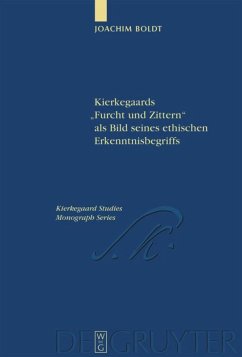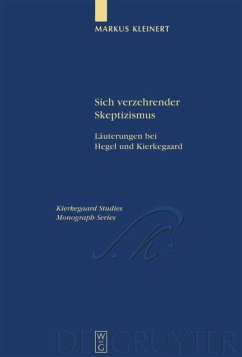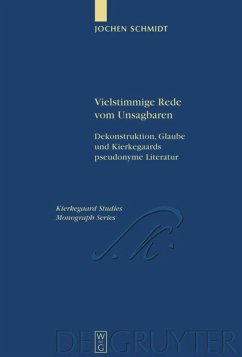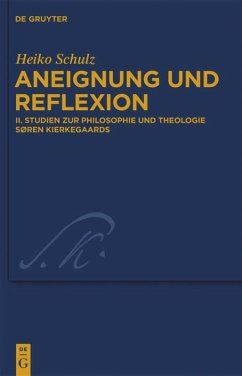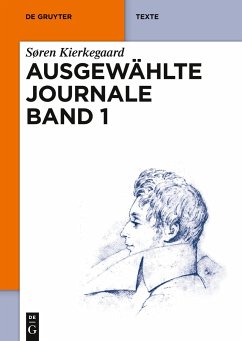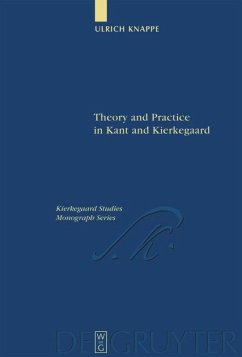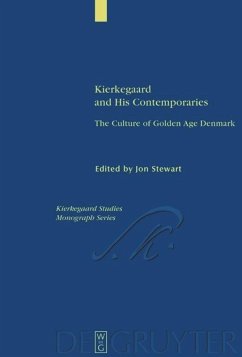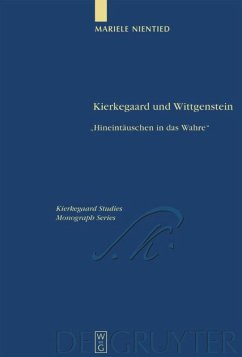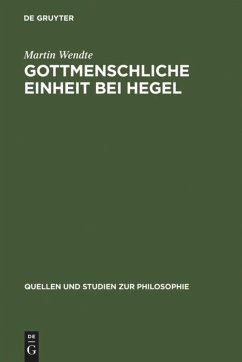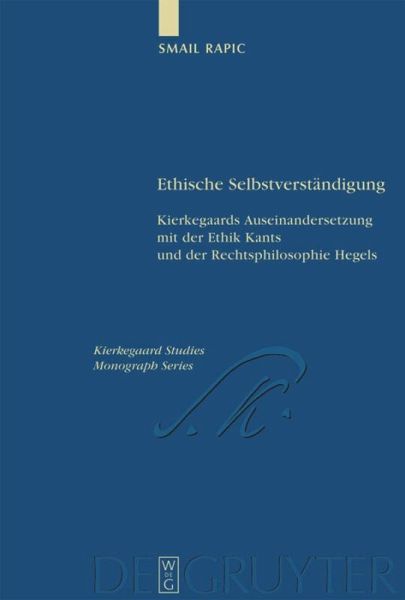
Ethische Selbstverständigung
Kierkegaards Auseinandersetzung mit der Ethik Kants und der Rechtsphilosophie Hegels

PAYBACK Punkte
0 °P sammeln!
Kierkegaard's criticism of Hegel is usually understood as a religiously-motivated refusal of speculative thought. This corresponds to Kierkegaard's own interpretation of his intentions in his autobiographical writings, but goes against the reception of Either/Or by Hegelians at the time. This book interprets the ethics developed in Either/Or as an independent contribution to the practical philosophy of German Idealism: as a restitution of morality on the basis of social ethics (Sittlichkeit). Kierkegaard criticizes Kantian ethics for its rigoristic tendencies, while his criticism of Hegel's political philosophy aims to show that it is hindered by Hegel's Logic .




